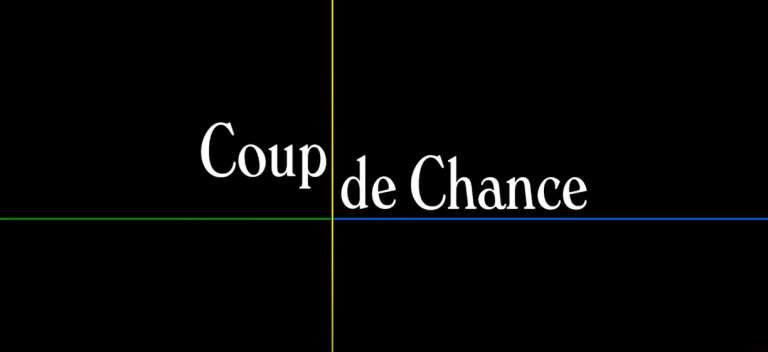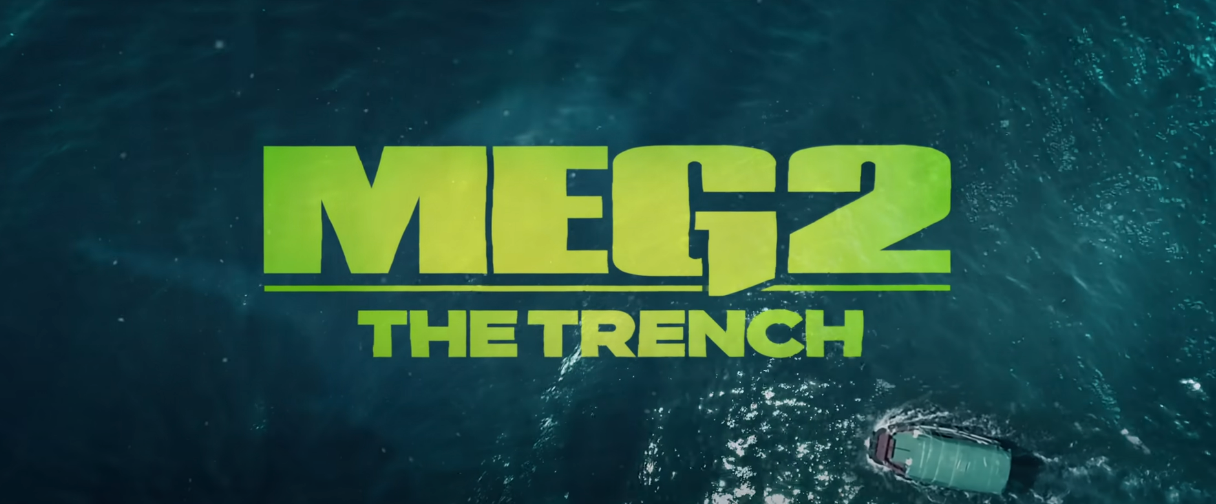

When “Jaws” premiered in 1975, its blend of suspense, horror, realism, and gore propelled it to unprecedented success, solidifying its place as a cornerstone of pop culture. However, as time passed and the genre expanded with films like “Meg 2: The Trench,” the question arises: can Ben Wheatley’s movie achieve the same iconic status?
“The Trench” offers a chance for those who missed Jason Statham’s confrontation with a megalodon on the big screen to catch up through online rentals. Yet, does it live up to the anticipation?
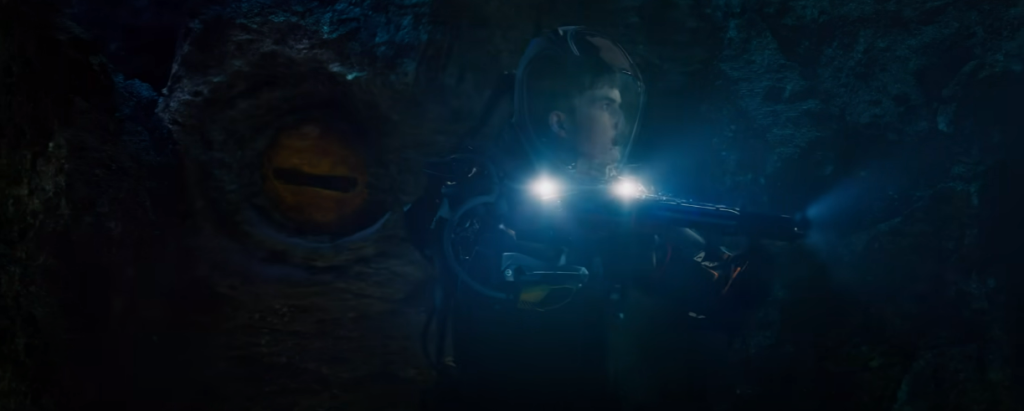
While “Jaws” captivated audiences with its thrilling blend of elements, the deep-sea creature genre has since become saturated with numerous iterations, potentially diluting the impact of subsequent releases. Ben Wheatley, known for his daring creativity in films like “Kill List” and “In the Earth,” takes a different approach in “Meg 2: The Trench.” Unfortunately, this project, reminiscent of his lukewarm 2020 remake of “Rebecca,” fails to capture the same energy and innovation for which Wheatley is renowned.
Critics have voiced concerns that “Meg 2: The Trench” struggles to maintain interest, particularly until its final half-hour. What could have been an engaging giant shark movie instead veers off course, sidelining the central creature in favor of a lackluster subplot involving an evil underwater drilling operation. This deviation from the core premise raises doubts about the film’s impact and overall engagement.
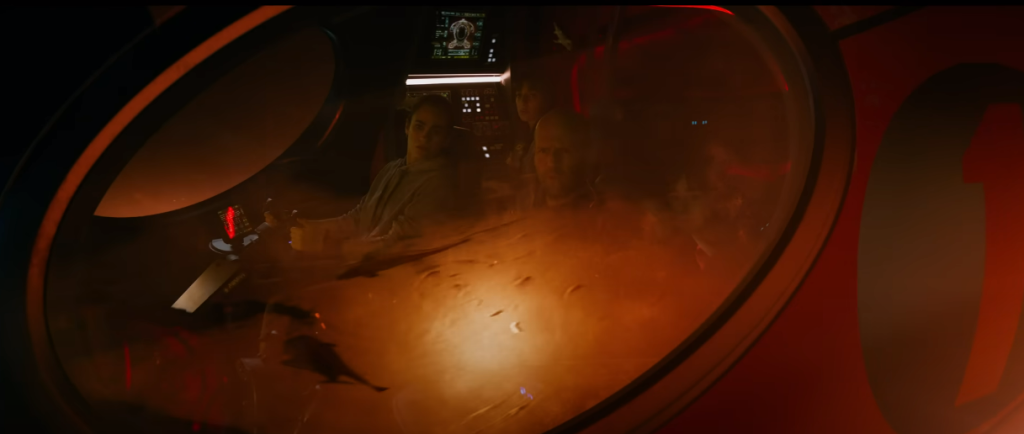
In summary, while “Jaws” set a high standard for the genre, “Meg 2: The Trench” falls short of achieving the same level of excitement and creativity, leaving audiences questioning its long-term appeal and impact.
Jason Statham’s underwhelming performance further compounds the disappointment. Renowned for his charismatic and action-packed roles, Statham’s portrayal of Jonas, the deep-sea diver immersed in the study of the prehistoric predator Megalodon, lacks the energy and dynamism expected from him.
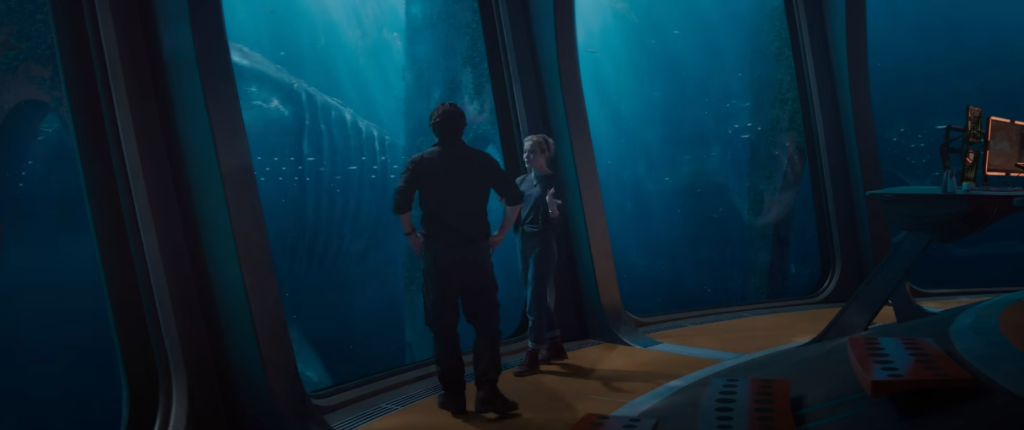
“Meg 2: The Trench” introduces a convoluted twist involving a research facility’s attempt to train the megalodon, resulting in chaotic consequences. This departure from the expected shark-escape-attack scenario delves into the exploration of an underwater trench and an illegal drilling operation, complicating the plot unnecessarily and diluting the film’s initial promise.
While the film’s underwater sequences may have had better visual impact on the big screen, they suffer from poor lighting and execution, diminishing their appeal. Notably, a poorly executed sequence featuring characters traversing the ocean floor stands out as a low point, almost feeling like an endurance test for the audience.
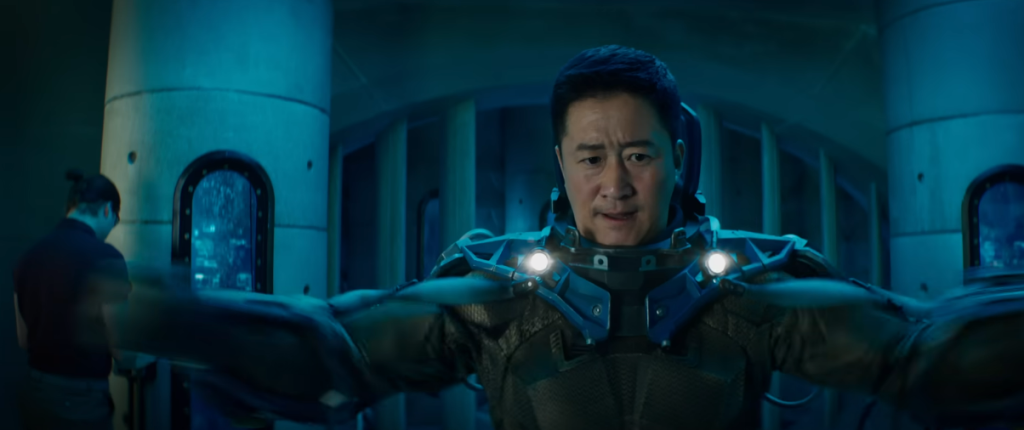
Even during the action-packed final section, the film fails to deliver the anticipated thrill of witnessing Statham confront giant sharks. This further disappoints viewers who had hoped for a more engaging and dynamic performance from the renowned action star.
In summary, Ben Wheatley’s struggle to conform to a conventional narrative structure, possibly due to constraints imposed by a non-R-rated mandate, significantly undermines the film’s impact. The predictability of the plot diminishes suspense, as seasoned genre viewers can easily anticipate the survival of characters until the film’s conclusion.

In essence, “Meg 2: The Trench” reflects Wheatley’s challenge in operating within a traditional framework. His skill as a director, known for experimenting with narrative styles, loses its effectiveness when confined, resulting in a film lacking the heart and enthusiasm typically associated with his work. Ultimately, the film fails to deliver the engagement and excitement that audiences had anticipated.
| Key Points | Paraphrased and Expanded |
|---|---|
| Comparison to “Jaws” and iconic status | “Meg 2: The Trench” fails to reach the iconic status of “Jaws,” leaving audiences questioning its impact and lasting appeal. |
| Introduction of “The Trench” and anticipation | Despite anticipation, “The Trench” disappoints viewers, failing to fulfill its promise. |
| Genre saturation and Ben Wheatley’s direction | Wheatley’s departure from his usual creativity contributes to the film’s shortcomings. |
| Criticism of plot and lack of engagement | The film’s deviation from expectations and lackluster plot diminish its engagement and impact. |
| Disappointment with Jason Statham’s performance | Statham’s portrayal falls short of expectations, contributing to the overall disappointment. |
| Complexity of plot and visual execution | A convoluted plot twist and poor visual execution detract from the film’s appeal and enjoyment. |
| Predictability and narrative structure constraints | Predictability and narrative constraints further hinder the film’s ability to captivate audiences. |






